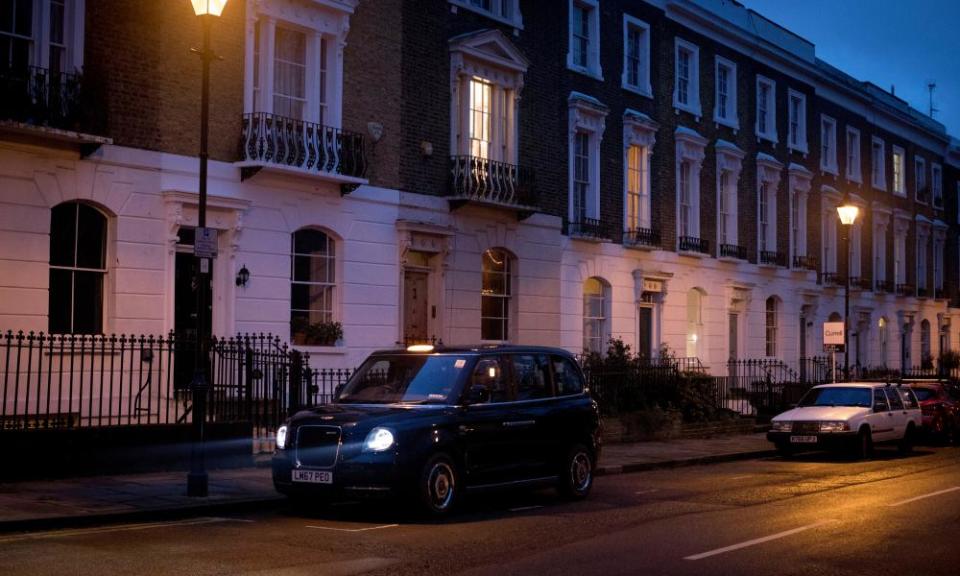Where in Britain does China spend its money?

Over the past decade, Chinese investment worth more than £50bn has flowed into Britain’s economy. From the telecoms networks to London’s famous black cabs, football clubs and Pizza Express, the Chinese yuan can be felt throughout Britain’s economy and its national infrastructure.
The UK’s first stand against Chinese economic involvement may come within weeks as ministers move to curb the influence of tech giant Huawei on the rollout of 5G telecoms networks across the country. But a more difficult question remains: can Britain afford to close the door on one of its biggest investors?
Tech and telecoms

Lord (John) Browne, Huawei’s UK chairman and the former boss of BP, has warned that Britain risks damaging a “very long relationship” with China if ministers choose to ban Huawei from Britain’s 5G network. Britain has a long relationship with the smartphone maker, too. It first began supplying technology to British telecoms networks in 2005, and it would be almost impossible to remove its existing tech infrastructure from the UK’s 4G networks without considerable expense and delay to the roll-out of 5G. Executives at BT and Vodafone have warned that removing Huawei’s existing 5G tech from the telecoms network could lead to mobile phone signal blackouts unless extra time is allowed.
Industry
Chinese steelmaker Jingye completed a £1.2bn deal to save British Steel earlier this year, saving 3,000 jobs. It is not China’s first multibillion-pound move into British industry. The Bank of China was among the lenders that came to the rescue of carmaker Jaguar Land Rover with £560m of loans after it struggled to get help from the British government. Aluminium Corporation of China, better known as Chinalco, also owns almost 15% of Anglo-Australian miner Rio Tinto, and the Chinese state’s sovereign wealth fund, China Investment Corporation (CIC), snapped up a stake in Britain’s largest water supplier, Thames Water, as part of a consortium of investors and foreign funds.
Energy

CIC’s interests extend beyond water to gas supply, too. It became one of the owners of Britain’s gas pipeline system after joining a consortium of investors that acquired the business from National Grid in 2016. It is one of many Chinese investors at the heart of the UK’s energy system. China National Offshore Oil Corporation (CNOOC) has for years been responsible for around a quarter of the UK North Sea’s oil production, including output from our biggest remaining oilfield. Meanwhile CGN, China’s state nuclear company, is eyeing Britain’s energy future. It has an almost one-third stake in plans to build the UK’s first new nuclear power plant in a generation at Hinkley Point C, alongside EDF, and has agreed to take a 20% stake in the Sizewell C project in Suffolk. Eventually, CGN hopes to build its own nuclear plant at Bradwell, Essex, a prospect that has caused alarm within Britain’s energy industry.
Transport

The Chinese state fund’s influence extends to Britain’s main international transport hub at Heathrow, too, after it paid £450m to buy a 10% stake in airport in 2012. The black cabs queueing for fares at Heathrow’s pick-up points are built with Chinese investment too: Geely, an automotive company based in Hangzhou, owns the company that builds the LEVC hybrid black cabs in Coventry. Earlier this year reports emerged of China’s most audacious play for British transport yet: an offer to build the HS2 railway more cheaply and in only five years. Though the offer is unlikely to be taken up, British commuters on South Western Railway and Crossrail will be customers of MTR, a Hong Kong company.


